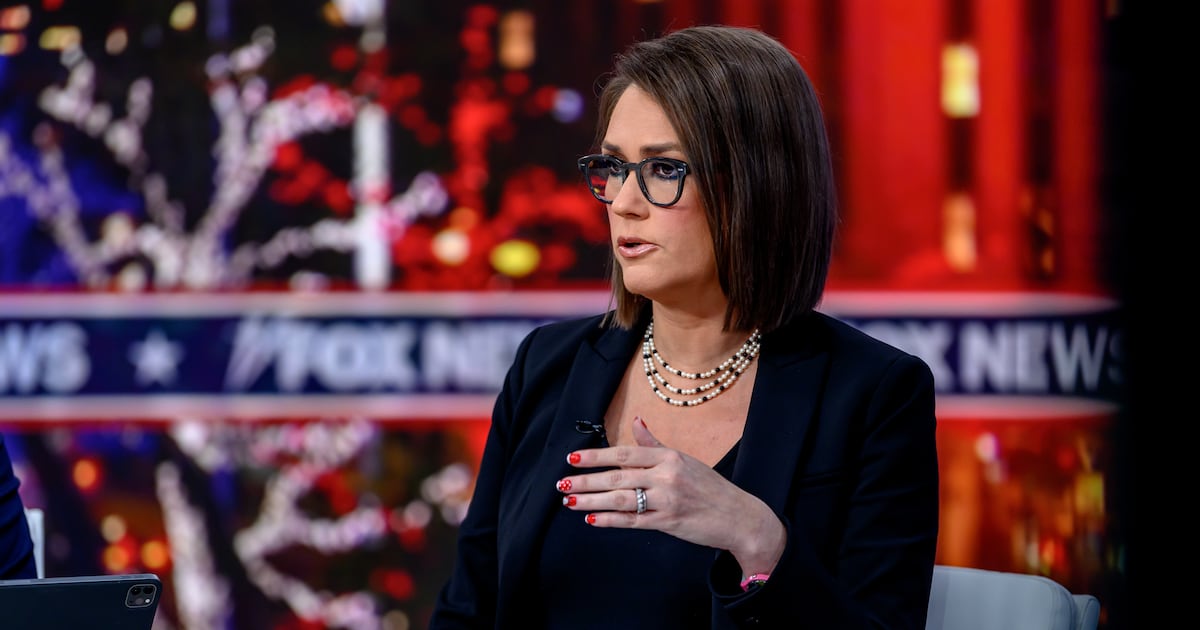Demi Moore extolled the revitalizing effects of “leech therapy.” Kate Middleton uses bee-venom to plump up her complexion. Katie Holmes maintains a dewy glow with the “Celebrity Escargot Course,” wherein snails coat the face with their protein and antioxidant-rich mucus. Tom Cruise and Victoria Beckham prefer the exfoliating effects of bird excrement.
These are a few of the celebrity-endorsed, “natural” beauty regimens that Timothy Caulfield catalogues and debunks in his new book, Is Gwyneth Paltrow Wrong About Everything?
Many of us guffaw at the absurdity of these vanity treatments. We mock the stars’ tireless attempts to improve themselves through expensive detox and anti-aging programs. Then we secretly empty out our wallets for fecal facials and snail secretions.
ADVERTISEMENT
“We are biologically and cognitively set up to believe that celebrity life is both realistic and attainable,” writes Caulfield, a health and science policy researcher at Canada’s University of Alberta.
In his informative new book, Caulfield tries out celeb-endorsed dietary cleanses and exhaustively combs through research to show how “celebrity culture, at best, is selling us a tiny, broken umbrella.”
But Caulfield isn’t a cynical bore.
“I love celebrity culture,” he writes, emphasizing his fascination with celebrity power. His background in science makes him a skeptic, but he still feels the seductive pull of health and beauty tips perpetuated by celebrities.
What worries him most is how people who aren’t equipped with the same knowledge fall for celebrities’ “pseudoscientific blather,” and the extent to which it’s a source of misinformation. Even more alarming are those who know they’re being scammed but submit to it anyway.
I spoke to Caulfield earlier this year for a story about the myth of detox and dietary cleanses.
“For many people, these cleanses are a lifestyle and form of self-expression,” he told me.
The detox enthusiast eats organic food, drives a Prius, sweats out toxins at Soul Cycle, and extolls the pleasures and health benefits of vaginal steaming. They are devout believers of woo-woo.
“It’s an identity,” Caulfield said. “So when you insult the cleanse, you insult the person.”
In his book, Caulfield immerses himself in celebrity culture to better understand our fascination with fame. He reads every issue of People magazine for a year. He attends an American Idol audition. He chats with screaming superfans of James Franco, Seth Rogen, and Emma Stone outside the Hollywood premiere of This is The End, standing on his tiptoes get a glimpse of the stars.
“I swear Seth and I had a moment, locking eyes in a kind of friendly, if silent, exchange,” Caulfield writes, at once earnest and self-deprecating.
Along the way he highlights numerous incidents when celebrity health endorsements have rallied popular opinion around pseudoscience: “Katy Perry’s and Hilary Swank’s advocacy of vitamins, Paltrow’s enthusiasm for colon cleanses and a gluten-free diet, Jennifer Aniston’s ballyhooed belief in water cures.”
Celebrity anti-vaxxers like Jenny McCarthy have propagated misinformation in the vaccine debate.
Celebrity influence isn’t always a bad thing. After Angelina Jolie revealed that genetic testing for breast cancer led her to have a preventative mastectomy, there was an “immediate increase in demand for both,” Caulfield writes.
But we do ourselves a disservice when, all too frequently, we take cues from celebrities blindly and credulously.
Indeed, most of us aren’t inherently skeptical. We seek out confirmation bias and resist contradictory evidence or beliefs. Research has shown how “a single powerful anecdote can have more persuasive force than a mountain of statistics,” Caulfield writes, “and this seems particularly to be the case in the context of celebrities.”
He’s aware that much of what he says about celebrity influence isn’t new. The professionally beautiful and eminently talented in pop culture and Hollywood have always swayed popular opinion.
But Caulfield argues that celebrities have more power now than ever before, which he attributes partially to “new media”—particularly social media—that “creates an artificial closeness with celebrities.”
While the psychology of this stuff is interesting, Caulfield is at his best when debunking celebrity health claims and endorsement scams.
He rolls his eyes at Katy Perry’s Twitter announcement that she “quit my beloved coffee & made the switch to vitamin B complex,” writing that there’s “no evidence that coffee exhausts your adrenals or is taxing your detox organs (sigh), as the cleansing gurus of the world would have us believe.”
Colon cleanses, recommended with the Clean program, are “Unsafe. Unscientific. And kind of disgusting.”
Jennifer Aniston’s claims that water keeps skin succulent by hydrating cells are “Nonsense…from a skin-care perspective, the data about [water’s] benefits is thin.”
He also criticizes “nebulous anti-aging and beauty terms: radiant, revitalize, rejuvenate, brightening,” all of which sound vaguely scientific but aren’t at all supported by science.
It’s discouraging that celebrity culture—airbrushed, photo-shopped, superficial—has such a profound influence on our beliefs, our consumer habits, and the way we view ourselves. Caulfield argues, rightly, that we should educate ourselves and fight these instincts.
“We need to take care not to place too much blame on the attractive shoulders of celebrities,” he writes. “And, perhaps most important, we need to strive collectively to put celebrity culture in its proper and entirely worthy place: as a fun and entertaining diversion.”





